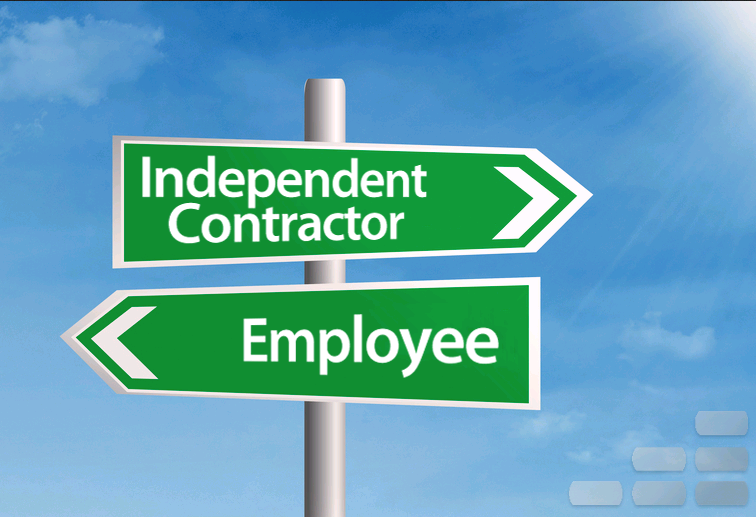Oppression of Shareholders, Good Faith, and the Duty of Loyalty
Timothy J.W. Muller April 25, 2024
Most business organization statutes including those for corporations, limited liability companies, and limited partnerships provide remedies for oppressed shareholders or partners. Statutes generally are phrased in terms of the power of the courts to dissolve a corporation or limited liability company when the Court finds that those in control of the corporation have acted illegally, …
Can You Sue for Breach of Fiduciary Duty in South Carolina?
Taylor Ambrosius January 25, 2024
What happens when the personal representative of a will acts in their own interests rather than the best interests of the deceased? Similarly, what if a corporate officer engages in self-dealing rather than acting in the best interests of the corporation? Both are examples of a breach of fiduciary duty. In South Carolina, there are …
South Carolina Residential Property Agreements Transitions to Due Diligence-Only Model
Elizabeth F. Nicholson October 25, 2022
Changes affecting the South Carolina Residential Property Agreement to Buy and Sell Real Estate (Property Agreement) went into effect on June 13, 2022. These changes, promulgated by the South Carolina Association of REALTORS (SCR), effectively transitioned the Property Agreement to a due diligence-only model and removed the previous repair procedure and “as-is” option. The move …
The Limitations On Defendants During A Default Judgment Damages Hearing
Rosen Hagood June 16, 2021
A default judgment has serious repercussions. In South Carolina, a party that has been served with the complaint (the defendant) has 30 days to file an answer. There are certain rules that have to be followed with respect to the contents of that answer. A defendant can also request an extension of time to answer. …
How South Carolina Distinguishes Between Independent Contractors and Employees
Rosen Hagood May 13, 2021
Independent contractors are playing an increasingly common role in our economy, with the advent of the gig economy and more freelance jobs than ever before. When done properly, classifying a worker as an independent contractor can save a company significant money on taxes, insurance, and overhead. However, if a worker is incorrectly classified, it could …



